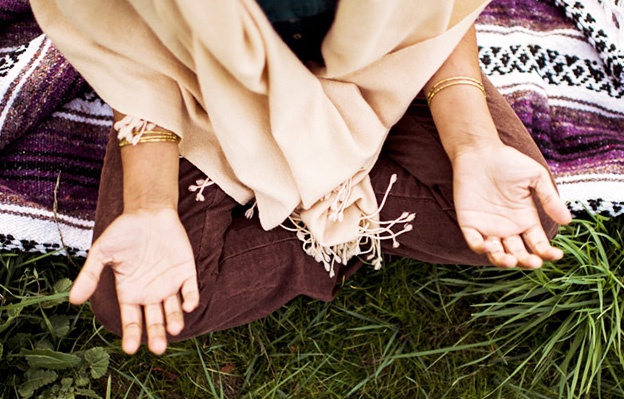India’s practice of Ayurveda, which is an ancient ritual focusing on a person’s overall health as well as healing, is growing in popularity across the world. This self-care ritual encompasses life-giving practice that goes beyond just living a holistic and healthy life, but it also teaches you how to be full of joy, hence this ancient practice has the power to create a positive transformation in your life.
For those who are just starting on learning Ayurveda, having a teacher to guide you in its teachings can help you get the most out of it. But this doesn’t mean that you can’t start small in learning this self-care ritual. Here are a few steps that you might want to incorporate into your daily life.
Learn to wake up early
Ayurveda puts emphasis on connecting our body with nature, which means that getting up from bed earlier needs to be practiced. When you wake up early in the day, you will have more time to practice other self-care rituals. For those who can’t wake up before sunrise, try to adjust your time to waking up before 6 in the morning where you will be able to meditate and perform other rituals while the rest of the world is still asleep.
Exercise morning gratitude
Most of us start our day with listing all the things that we need to do for the day that we barely take the time to find gratitude in what we do. Instead of grabbing your phone first thing in the morning, try chanting “ohm” while you exhale. This will help you realign yourself with the vibrations of the universe.
Get some ghee
Ghee is a kind of clarified butter which Indians revere for centuries. Since this butter doesn’t contain any milk residue, you don’t have to refrigerate it, plus, you can put it in your shelf and it will last you a long time. This butter is known to contain plenty of omega-3s as well as vitamins which can help reduce inflammation, boost eye health, and even reduce high cholesterol levels. However, this butter still contains fat hence it should be consumed in moderation.
Self-massage
Self-massage can also help alleviate stress, get rid of the toxins in the body, as well as boost circulation. This should be done with warm oil. The type of oil that you will be using depends on your dosha, but if you are not familiar with it, you can stick with jojoba oil for the meantime. Starting from the top of your head, massage your scalp for about 2 to 3 minutes.
Move down to your face while massaging it in small, circular motions. If you have been practicing skin brushing, you can do the same strokes in your self-massage ritual where long and sweeping movements are made moving towards your body’s center. If you are massaging your abdomen, you should try to massage based on your intestines’ direction.
The last step would be to massage your feet. Once done, take a warm bath or shower to cleanse your skin of excess oils.
Have your last meal at least two to three hours before bed time
Eating snacks or large meals close to bed time can unbalance your digestion which can also lead to sleep loss. A good rule of thumb is to have your least meal at least two hours before your bed time to give your digestive system ample time to digest what’s inside your stomach.
These are just a few tips on how you will be able to practice Ayurveda in your daily life. These are just small steps, but they can have a huge impact to your overall health and wellness.













